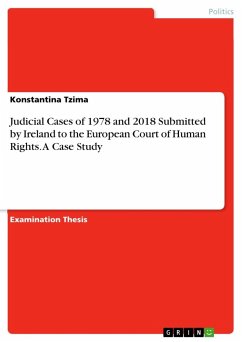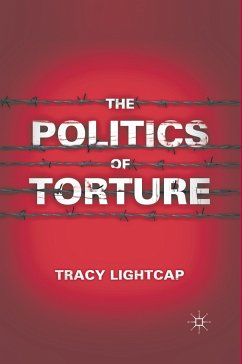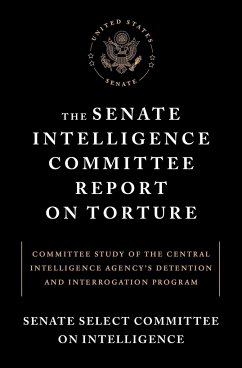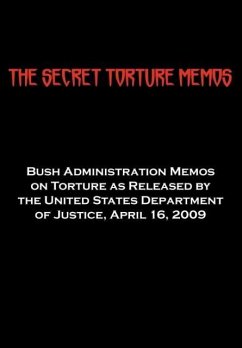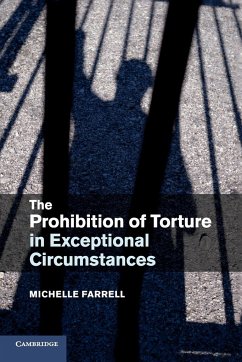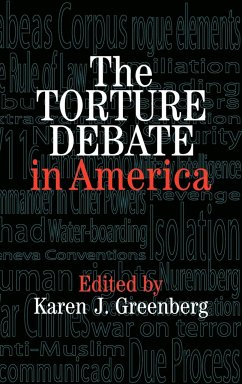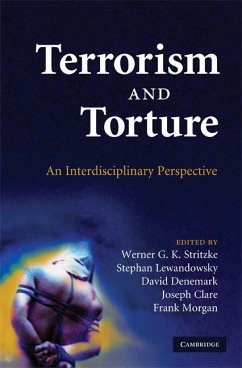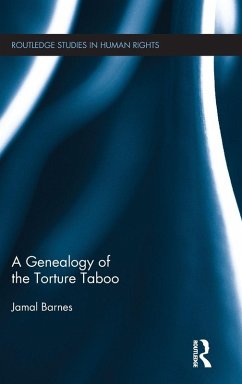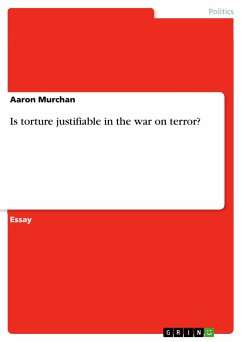
Is torture justifiable in the war on terror?
Versandkostenfrei!
Versandfertig in 1-2 Wochen
15,95 €
inkl. MwSt.

PAYBACK Punkte
0 °P sammeln!
Essay from the year 2017 in the subject Politics - International Politics - Topic: Peace and Conflict Studies, Security, grade: 72, Queen's University Belfast, course: Violence, Terrorism and Security, language: English, abstract: Terrorism with a religious underpinning is a term that speaks for itself in that it is political violence committed in the name of a religion, for religious purposes, by religiously motivated individuals. Religiously motivated terrorism is not a new or contemporary concept as examples of 'religious terrorism' can be seen in the Bible, in the story of Joshua's return ...
Essay from the year 2017 in the subject Politics - International Politics - Topic: Peace and Conflict Studies, Security, grade: 72, Queen's University Belfast, course: Violence, Terrorism and Security, language: English, abstract: Terrorism with a religious underpinning is a term that speaks for itself in that it is political violence committed in the name of a religion, for religious purposes, by religiously motivated individuals. Religiously motivated terrorism is not a new or contemporary concept as examples of 'religious terrorism' can be seen in the Bible, in the story of Joshua's return to Canaan, and throughout the Christian Crusades of the middle ages. Present-day religiously motivated terrorism is directly associated with Islam primarily due to the 9/11 attacks in 2001 and the subsequent US invasion of Iraq and Afghanistan as part of the War on Terror. Rapoport (2002) claims that the current resurgence of 'religious terrorism' is the "fourth wave of rebel terror", and ispart of a naturally evolving movement of terrorism within states, succeeding the earlier waves of anarchism, anti-colonial and new left terrorism throughout the 20th Century. The propagation of religiously motivated terrorism has led many to conclude that the most potent forms of terrorism have a religious underpinning, a belief which may be justified by the emergence of ISIS and their brand of extremely potent violence. Yet, the dominance of secular ideologies in war and terrorism throughout the 20th Century raises questions in regards to whether the view of religiously motivated violence as more potent is simply just a subjectively held Western belief. This essay will compare the aims and means by which religiously motivated and secular terrorists act before addressing the violence of contemporary Islamic terrorism and the effect of fearmongering propaganda in amplifying the potency that underpins religious terrorism.



